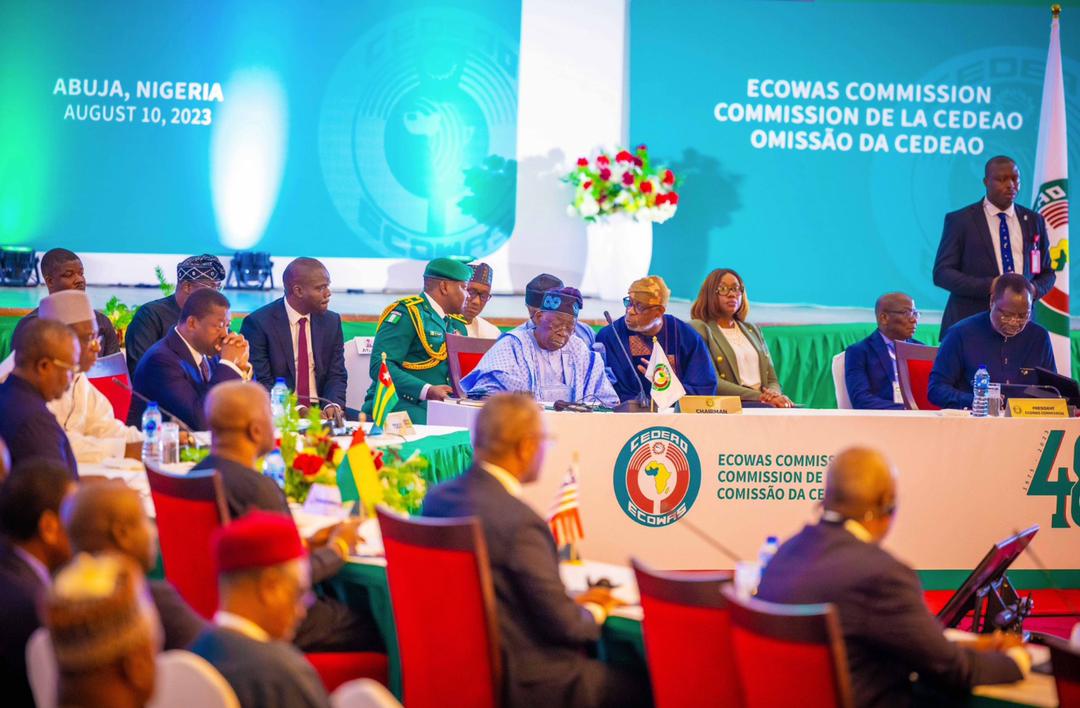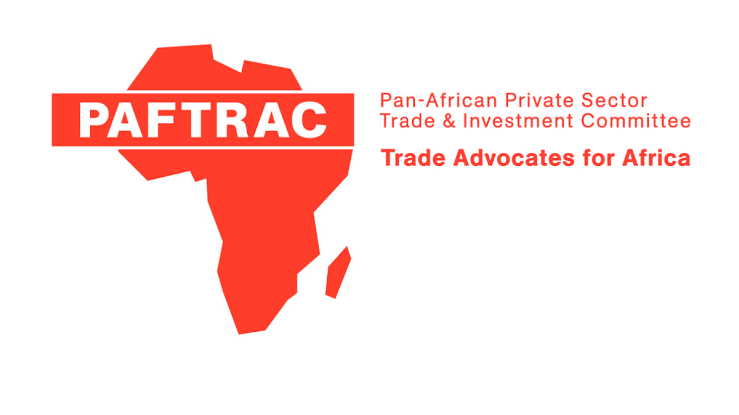In a dynamic effort to empower Nigerian women entrepreneurs and equip them with the essential skills for thriving in the realm of intra-African trade, the Economic Community of West Africa (ECOWAS) recently orchestrated a comprehensive training program. Under the theme “Capacity Building for the Federation of Businesswomen West Africa on Access to Regional and Continental Market under the trade regime,” this transformative event unfolded in Lagos, seeking to pave the way for prosperous cross-border trade engagements.
The President of The ECOWAS Federation of Businesswomen and Entrepreneurs, Alaba Lawson, warmly welcomed participants, expressing the paramount objective of the event. She articulated, “The primary objective of this event is to ensure the inclusion of women from the ECOWAS region in the African Continental Free Trade Area (AFCFTA), facilitating the smooth movement of our goods.” Lawson further emphasized the importance of collaborative efforts to overcome challenges and position the region ahead in terms of AFCFTA participation.
Raymond Dagana, Trade and Private Sector Adviser at Deutsche Gesellschaft für Internationale Zusammenarbeit shed light on the mission of the Trade Facilitation West Africa Programme. He underscored its pivotal role in enhancing seamless regional and global trade by minimizing time and cost barriers. Through extensive collaboration with stakeholders, the program streamlines trade registration and documentation processes, thereby ensuring the efficient movement of goods.
Taking center stage with a keynote address, the President of the Lagos Chamber of Commerce and Industry (LCCI), Wale Cole, illuminated the profound significance of the AFCFTA. As the world’s largest free trade area, AFCFTA unites 55 countries of the African Union and its regional economic communities, fostering a new era of interconnectedness.
Cole highlighted AFCFTA’s overarching mandate to establish a unified continental market encompassing a population of 1.3 billion people and a combined Gross Domestic Product nearing $3.4 trillion. Yet, he acknowledged that realizing AFCFTA’s potential hinged on collective African commitment, especially considering external nations’ interests.
Applauding the African leaders who spearheaded the trade agreement, Cole stressed the centrality of commitment in achieving success. He cautioned that external nations, accustomed to Africa’s dependence, might not fully support the agreement due to its potential to reduce reliance.
Cole pinpointed the challenges faced by female-led businesses in regional trade, a predicament motivating the LCCI to disseminate information and conduct workshops aimed at enhancing market access. The LCCI’s dedication to this cause mirrors the broader commitment required from all Africans to actualize the ACFTFA contract agreement.
Highlighting the transformative potential of the agreement, Cole emphasized that it would dismantle trade barriers, amplify intra-African trade, and accentuate value-added sectors. AFCFTA’s visionary goals encompass the creation of regional value chains, the attraction of investments, and the stimulation of job opportunities.
With the United Nations Conference estimating a potential GDP increase of $116.1 billion from full AFCFTA implementation, Cole illuminated the profound impact on livelihoods across participating nations. He fervently asserted, “This is a mission Africans must deliver to Africa,” underlining the pivotal role of AFCFTA in fostering local empowerment, economic growth, and continental unity.
The ECOWAS training program’s resounding success reverberates through these narratives, casting a spotlight on the power of collective commitment, collaboration, and continuous learning in propelling the African continent toward economic transformation and global competitiveness.









